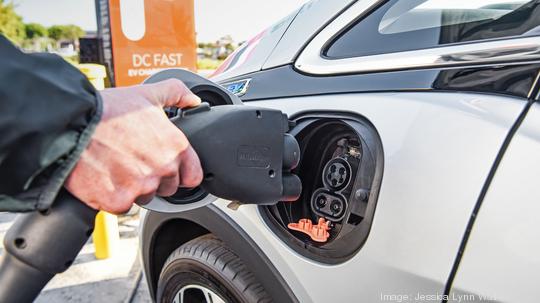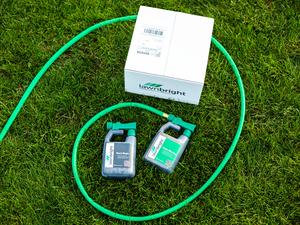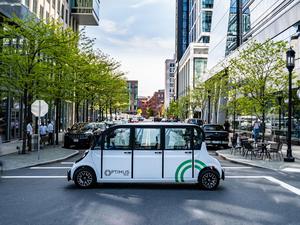
As the world looks to go green, and with sustainability a key issue for business and technology leaders, what will the future of electrification look like?
Four panelists joined forces at Inno’s A Carbon Neutral Future event to discuss The Electrification Ecosystem's Impact on Business and Technology. The panel featured: Gina Aquilano, technology director, automotive business unit, Analog Devices; Guy Ethier, co-chair, executive council, World Economic Forum Global Battery Alliance; and Jake Navarro, director of clean transportation, National Grid. The event was moderated by Roger Atkins, Electric Vehicles Outlook Ltd.
Here are some key takeaways from the discussion:
An electric future is expensive, to build and maintain
The average cost of an electric vehicle is $55,000, which is nearly double the cost of a traditional vehicle: $36,000. This is, and will continue to be, intimidating to low income communities.
As an electric future approaches, it is key to be inclusive of all tax brackets despite the expected competition between developers.
EV batteries don’t last forever
The main objective behind obtaining an electric future is to build a sustainable world, but EV batteries themselves are not yet sustainable. Only five percent of an ev battery can be recycled (if handled properly). That means the other 95 percent of chemicals within the battery fall victim to contributing negatively to the environment.
But many companies are working on creating a second life-span for the batteries
The batteries are usually are expected to not last longer than 10 years.
The future is bright
The startup and innovation space is working endlessly toward creating ways to better recycle ev batteries. A few end goals for battery manufacturers alongside furthering sustainability are to; enable faster charging, longer range and longer battery life.
A longer lifespan ultimately yields less negative contribution from the battery recycling process
To learn more about the growing carbon neutral future in Boston, here are three startups preparing for an ev future.
Thank you to everyone who came out to our event! Be sure to subscribe to our daily newsletter The Beat to be notified of our upcoming events.








